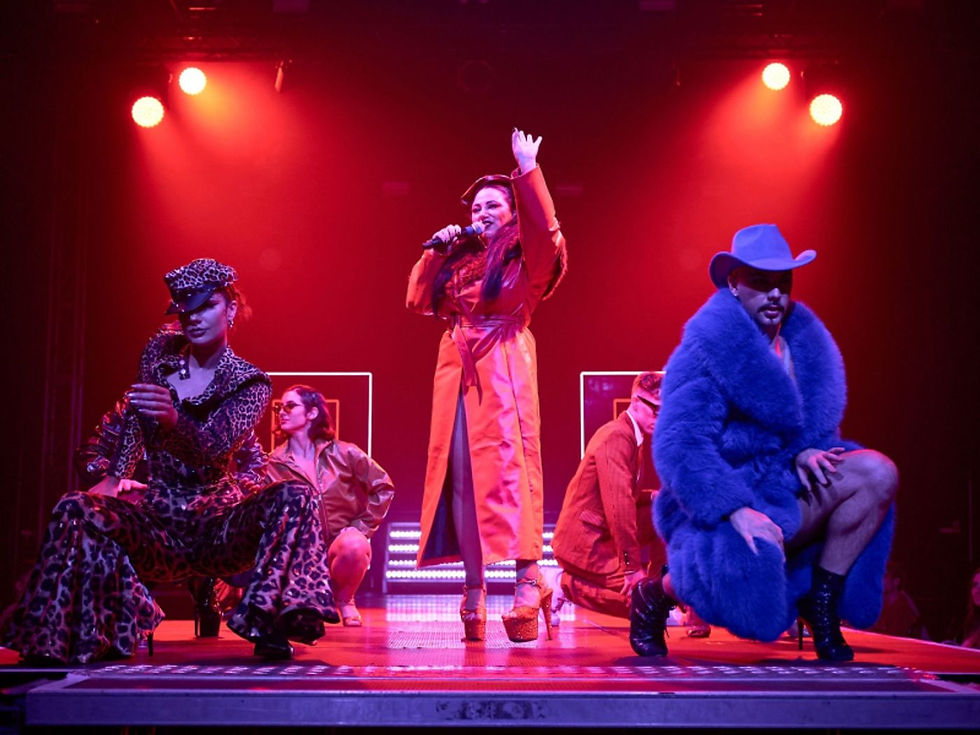Review: Mary Stuart at Heath Ledger Theatre
- Feb 17, 2022
- 2 min read
Review by Hannah Fredriksson
A 16th century tale of two queens in very different states of power graces the stage at Heath Ledger Theatre this Perth Festival season. This modern adaptation of Friedrich Schiller’s Mary Stuart by Kate Mulvany has been executed by a strong female-driven team, led by director Melissa Cantwell.
The play explores Mary Stuart’s last days; she has fled Scotland in the wake of an uprising, and is imprisoned at Fotheringhay Castle in England for treason. Threatened, Queen Elizabeth I detains her until she can decide her fate. It is either freedom or death, but each option has dire consequences for both women, and their strong wills collide in an embittered stalemate.
Kate Walsh plays Queen Elizabeth, she balances her whimsical regality with moments of austere vulnerability. Caroline Brazier reprises her role as Mary Stuart, perfectly embodying different levels of pride and desperation. She shines in a climactic ‘confessional’ monologue in the fourth act.
Though the two women are the impetus for the series of events, they are surrounded by a supporting cast of men that make up Elizabeth’s household. They contribute to the noise surrounding Elizabeth’s decision, but ultimately it is her decision to make.
Throughout the production Elizabeth and her entourage are dressed ostentatiously in milky white tones, indicating her position of power and virtue, with the imprisoned Mary understated and in black as the dark horse in this race. The contrast between their garments reflects the familiar image of chess pieces going into battle, with Mary standing alone on the board under the mercy of the dominant faction.
The sets are deceptively simple - at first glance just simple wooden beams at even intervals indicating the high ceilings of grand castle rooms. Clever use of ambient noise and lighting between the panels creates the illusion of looking out at crowds of townsfolk from high windows.
The third act plunges the viewers into a starkly different setting, with metallic silver panels lowering in from the ceiling at different heights and distances in a disorienting dreamscape. The cast emerges for a masquerade party in avant garde costumes and golden masks, engaging in dancing and frivolities. This then becomes the setting for Elizabeth and Mary’s imagined meeting, which is equally frank and surreal. Their conversation takes the audience through different levels of solidarity between the two women, showing them first as equals and then as diametrically opposed adversaries before reaching a dramatic showdown ending in an attempted assassination.
Despite the heavy themes at play, there are moments of light hearted comedy punctuated throughout that briefly relieve the tension, in particular featuring the secretary Davison (Raj Labade) whose incompetence plays an important role in the outcome of Mary’s imprisonment.
This modern retelling of Mary Stuart shines a new light on these historic events, passing the Bechdel test with flying colours. It’s an intriguing and moving window into our own history told through the lens of some amazing female storytellers.
Image Credit: Jess Wyld










































